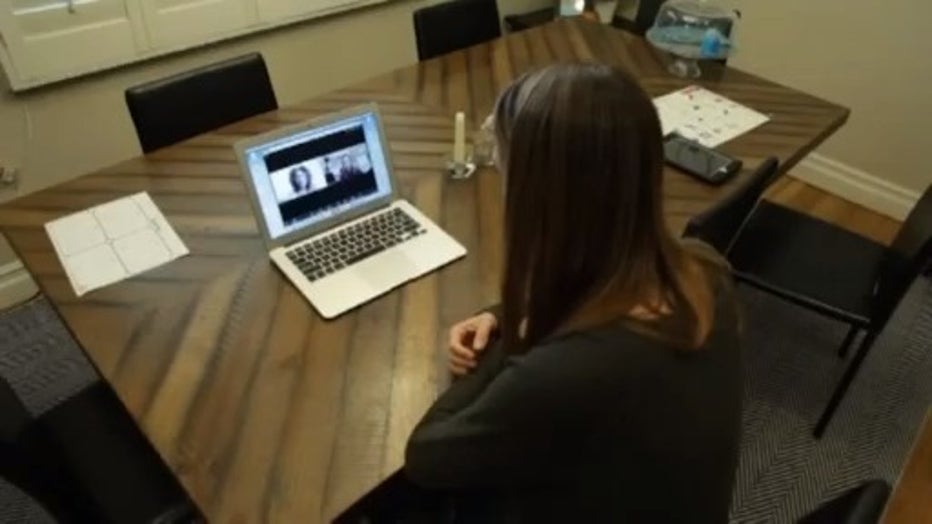Cyber security pro tells how to spot fake COVID-19 sites online
FOX 2 - We're all getting more screen time, working from home, Zoom calls, meeting friends online. While you do your job at home, scammers are doing theirs, and working overtime.
"There's no mercy for people. Where a lot of people have lost their jobs and unemployment claims have skyrocketed, unfortunately, we are the full time work for criminals for cyber extortionists that are out there, so work is very busy for them," said David Derigiotis.
Derigiotis is a cyber-security expert for Burns & Wilcox. The hackers and scammers are concentrating on the topic that's top of mind, COVID-19, he said.
"You tie that in with a topic that is gaining so much attention and rightfully so, one that's generating a lot of fear, anxiety and questions, it's the perfect storm for an attacker or hacker to come in and take advantage of people," Derigiotis said. "They are creating websites that they know vulnerable people are looking at. the problem is they're fake and they're after your money. Maybe it's medical equipment or food, anything COVID or just sustaining yourself in general.
"Over 40,000 websites over the last couple of months were created and registered that had some various of the variation of COVID, COVID-19 or coronavirus. They are using the attention that this entire thing is getting and drawing people in and scamming them out of money."
There is a legitimate website where you can get verification on whether the website you're looking at is fake or not. Everyone should write this down: whoxy.com.
"Don't click on a link or open an attachment," he said. "You peek behind the curtain. see who that website is registered to, see which country it's coming out of. You can go to whoxy.com and it will show you all of that information. If you see something that's tied to Russia, China, Ukraine, that appears to be a U.S.-based company, that's a huge red flag."
The site is whoxy.com. you have to make sure the sites you're look at are legitimate.


